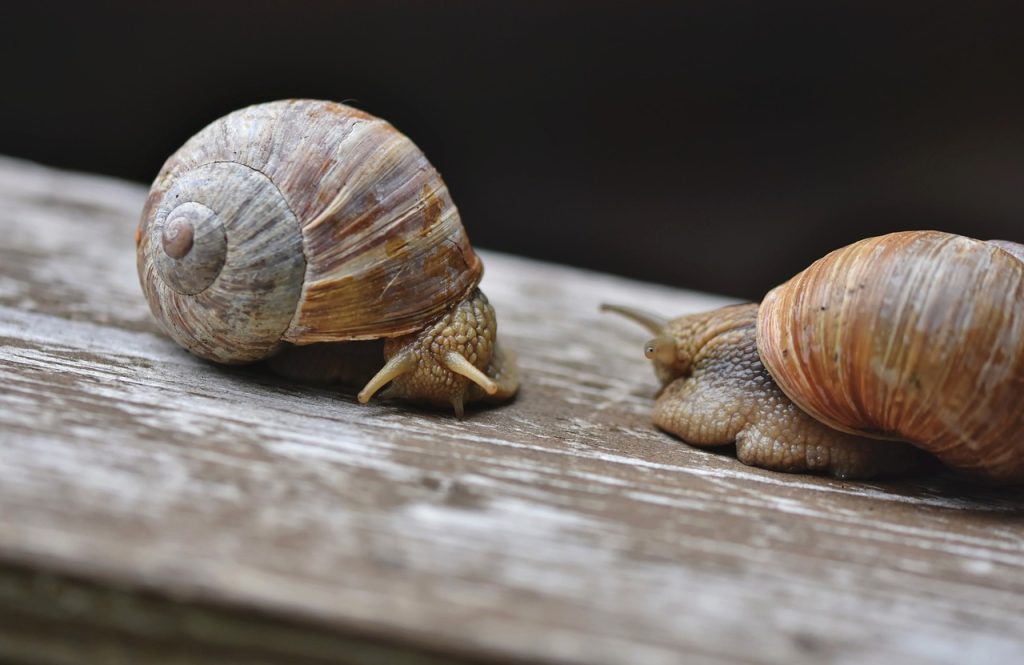Preventing sinusitis

You should wash your nasal passages every day. During the day, use saline nasal spray to moisten nasal passages. You should sleep with your head elevated. Mucus pools in your sinuses at night when your head is down so prop your head up with pillows or a wedge while you sleep. Do not take antihistamines unless you are prescribed them. It’s hard to drain antihistamines.
Signs and symptoms
Sinusitis usually occurs after a cold or an upper respiratory tract infection. There are a number of symptoms of sinusitis, including a discharge from your nose, a blocked nose, a headaches, and even a red or yellow rash.
Cleaning inside your nose
You can either use a home-made solution or a solution made with ingredients from a pharmacy. To rinse your nose, you need to wash and dry your hands, then cup the palm of one hand and pour a small amount of solution into it.
Treating sinusitis

The term sinusitis is classified by the length of its duration. Most sinusitis starts with a cold. It’s useless to treat colds with antibiotics because they are caused by Viruses. If you have sinusitis you may be prescribed an antibiotic for the condition. Try a warm compress on your face or inhale steam. Sinus infections can be treated with nasal irrigation and decongestants minimally invasive surgery may help reduce the number of sinus infections. Surgery isn’t a cure-all, and may even be a way to grow back polyps. It’s important to discuss the options with an ENT specialist.
Warm and cold compresses

Cover your face with a warm compress for three minutes. Remove the hot compress and replace it with a cold compress for 30 seconds. You can repeat this process two to six times daily.
Balloon sinuplasty
This is a different type of service. Your healthcare provider will inject local anesthetic into the tissue surrounding your nose. They’ll use an ethic to guide the catheter into your nose. They will use the catheter to place a balloon in your nose.
Is sinus surgery worth it?
There are no life-threatening medical conditions for persistent sinus pain. FESS and balloon sinuplasty are minimally-invagant surgeries that cure sinus issues. If you are considering surgery for a deviated septum, you should talk to a healthcare provider.
What about prescription treatments?
If these approaches aren’t effective, prescription treatments may be the next best step. Antibiotics are not usually prescribed for post-nasal drip. Dusting and vacuuming can often help reduce exposure to allergy triggers for allergies.
Nasal irrigation
Nasal irrigation is one of the cheapest simplest and most effective ways to prevent and treat sinus problems. Homemade remedies can often relieve sinusitis symptoms and improve your quality of life.
Making proactive changes to your sleeping environment
If you are allergic to pet dander or dust keep pets out of your bedroom. Purchase a humidifier if the air in your house is dry. Wine and alcohol should not be consumed before bed.
How Do I Prevent Sinus Drainage from Developing into Problems?
Ensure you stay hydrated at home and use a humidifier. Flush your sinuses regularly with a solution of salt water. Discuss medications with your doctor.
Manuka honey
A few studies suggest that honey has anti-bacterial properties. Manuka honey has a number of therapeutic uses particularly. Try to add honey manuka to a cup of hot herbal tea.
Chicken soup
Scientists don’t know what the active ingredient is in chicken soup. The soup has anti-inflammatory and anti-bacterial ingredients that help clear the sinuses.
When should I see my healthcare provider?
If you’ve had trouble with your nose, you may want to consider a surgery. The most common sinus surgeries are minimally invasive and often provide immediate relief from sinus pain and pressure.
Antibiotics
In cases where your gp thinks your sinuses may be infected with bacteria they will prescribe antibiotic pills or capsules. You will usually need to take these for a week. Antibiotics can cause side effects such as feeling and being sick.
What Causes Sinus Drainage?
Mucus is produced and drained from the back of your throat by your sinuses. You wouldn’t notice in most normal conditions. When the sinuses have a problem, the drainage becomes an issue. Cold and flu can be caused by dry air dehydration.
What is endoscopic sinus surgery?
Surgery for the endoscopic sinus is a procedure to remove blockages and treat other problems in the sinuses using an endoscope. In this type of surgery cutting the skin is not necessary because it is carried out entirely through the nostrils.
Endoscopic Sinus Surgery Recovery
During the first three to five days after sinus surgery it’s normal to have some bloody discharge. Mild discomfort should be relieved by extra-strength acetaminophen. Aspirin and NSAID’s are not recommended. You will need to return to your doctor several times after the surgery to make sure the healing process is going well. During these visits the care team will clean your nose and sinuses of the fluid and blood left behind after the operation.
Functional endoscopic sinus surgery
FESS is the standard procedure to treat serious conditions in the nose. The healthcare provider puts the medication in your nose. They do a follow-up. A surgical tool is placed alongside the endoscope.
Who may need endoscopic sinus surgery?
Endoscopic sinus surgery can help people who experience nasal congestion, pain, drainage, difficulty breathing, loss of sense of smell (anosmia) or other symptoms due to: Sinusitis (persistent or chronic sinus infections) Nasal polyps Nasal obstruction or blockage Sinus and nasal tumors.
Risks and Complications
The risks associated with endoscopic sinus surgery are as with any surgical procedure. Bleeding, infections and eye injuries are rare and may include these. In rare cases excessive bleeding is possible. Your teeth may develop a septal tear or numbness. Some patients have persistent sinus disease after surgery that requires treatment with antibiotics steroids or another surgical procedure.
Leave a Reply
You must be logged in to post a comment.